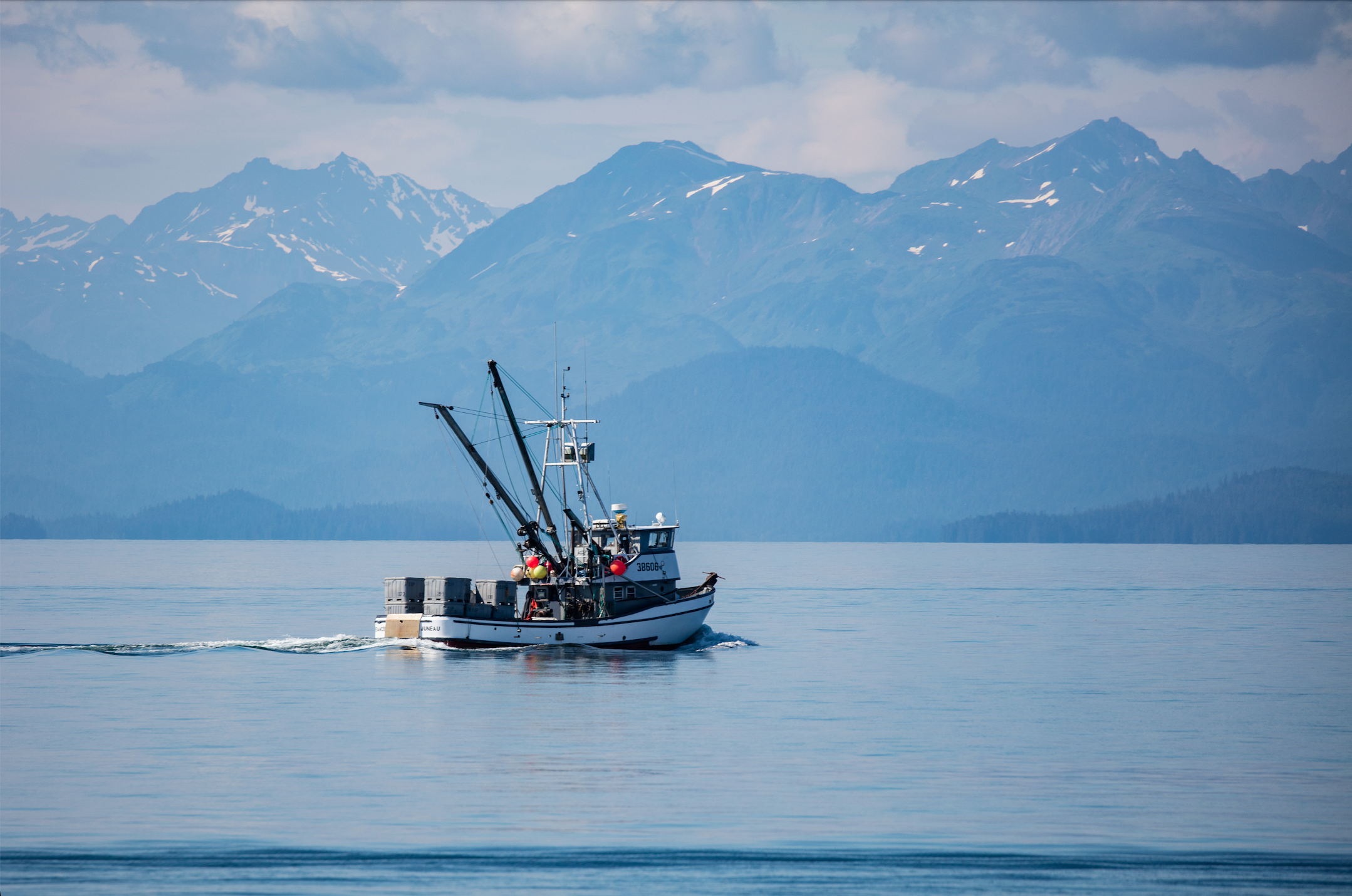
Sustainable Marine Economy
In order to become climate resilient, U.S. islands need marine protected areas, resilient infrastructure, and sustainable, thriving fisheries to support their marine economies and combat climate change.

Islands have unique assets and resources supported by the surrounding marine ecosystems including coral reefs, estuaries, open ocean, mangrove, and kelp forests. These ecosystems support fisheries and aquaculture operations island communities rely on for economic opportunities and subsistence fishing. Some island fisheries in certain locations can be vulnerable to overconsumption and overharvesting due to lack of regulations and enforcement. Islands should have access to the best available data and science to manage their marine resources, and should prioritize education and training to prepare islanders to manage fishing, recreation, and ecotourism businesses. Island communities need access to funding and resources to build marine economies that create jobs and help islands become more resilient.
Severe climate-induced issues including ocean acidification, coral bleaching, shellfish fragility and decline, eutrophication, and other water quality issues lead to more frequent fish kills and dead zones. In addition, climate change can cause significant damage to marine infrastructure like ports, docks, and transportation and trade hubs, making operating businesses inefficient and unsustainable. To create a sustainable marine economy, marine infrastructure must be built and retrofitted to withstand hurricanes, sea-level rise, and frequent flooding, and island marine economies must be managed and operated in ways that support growth and resilience.
The following marine economy related federal policy recommendations will help U.S. islands achieve climate resilience:
Ensure island communities have the resources and assistance necessary to support strong and sustainable marine economies.
Support island communities to directly engage in the growth, management, and operation of their own marine economies.
Ensure island communities have representation on decision-making bodies and have meaningful opportunities for input into regulatory processes.
